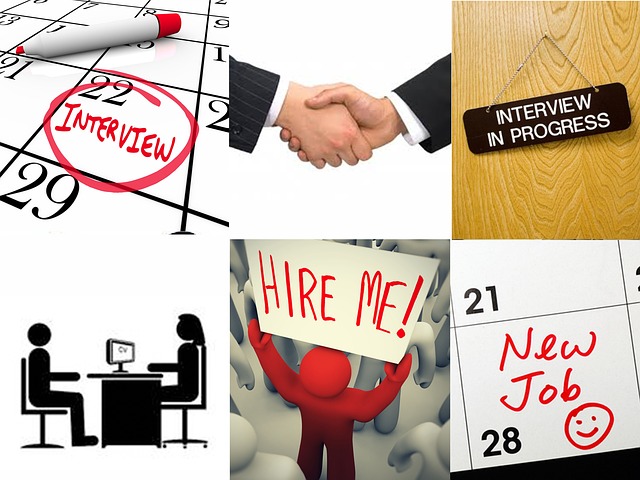
It is likely you will be meeting senior management, so you want to maximise your chances of appearing professional, presentable and confident during this second interview. First impressions count, so make sure that youare clean and tidy with ironed clothes and polished shoes. You had to work out the dress code for the first interview, so you will already know if you need a formal suit or a more relaxed, dressed-down look(for example, a creative role in broadcasting). Make sure you have done your homework – you should know the names and positions of your interviewers before you set off. Look up the address of where the interview will be held, work out how youare going to get there and allow plenty of time for delays (traffic jams if you are driving; train/bus cancellations or delays on public transport), so that you donot arrive late or sweaty from the extra stress of trying to beat the clock. As an extra safeguard, take the company's phone number – or, better still, the number of at least one of your interviewers with you – so that, if something unforeseen occurs en route, you can inform them. But being punctual is, by far, the best way to create a positive impression.
The purpose of this second interview is to find out a) whether you will be able to do the job, and b) whether you will fit into the organisation. Be well-prepared. Youwill be grilled on your CV to find out more about the skills youhave gained, what makes you tick and where you see yourself in the future, so be ready to talk about your short and longer-term career aspirations, and make sure you have examples at your fingertips of when you used your initiative, had to deal with difficult clients etc. If there were tricky questions during the first interview, then it is a good idea to rehearse how youwould deal with these the second time round.
Make sure youhave re-read the job description and know the company inside out. Employers will be impressed if you can demonstrate how much you know about their
company and their plans for the future. Theywill also want to work out whether your
personality will fit into their existing team, so be yourself, that way they get to know the real you, and they can make a realistic assessment of whether youare the person they need to complete their team. Enthusiasm and a positive can-do attitude are attractive toemployers, but it is a fine line because over-confidence doesnot win jobs.
Employers expect you to use this second interview to ask them questions about the role you are applying for, and how this fits into the wider organisation. For example, a question about typical career progression for someone in your desired role would be appropriate. This is your chance to make sure that the job is right for you too, and that you would feel at home in the company culture, so it is a good idea to prepare some questions in advance to demonstrate your active interest in the position.
Employers want to see how you perform under pressure, so give yourself time to consider your responses to questions, rather than feeling rushed, looking flustered and blurting out the first thing that comes to mind. You might not know who else is being considered for the role, but look the part, prepare thoroughly, be confident on the day and then you can finally relax, knowing that you have done all you can to land the job you want.
Christine O’Hara
